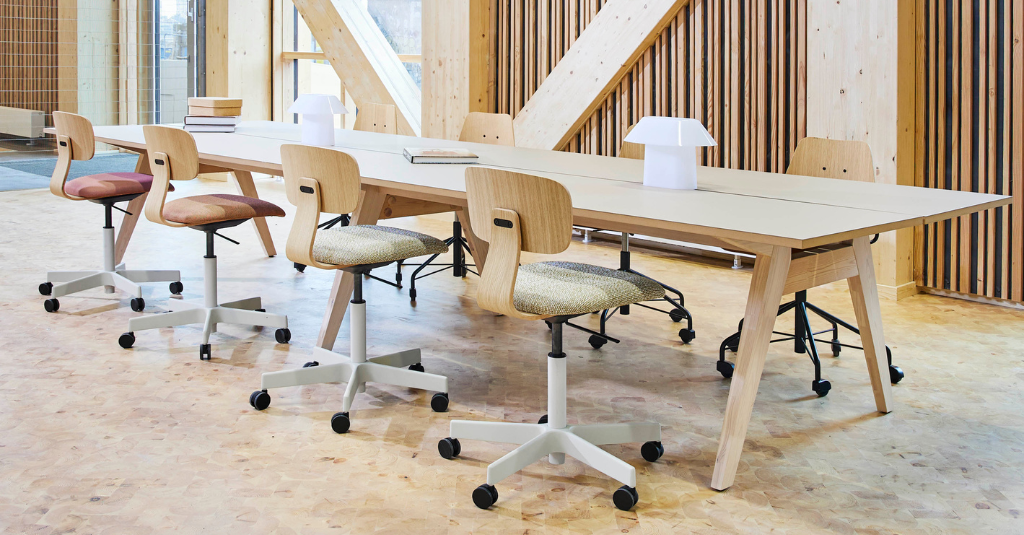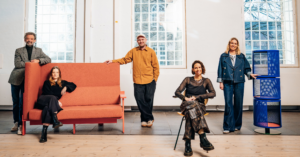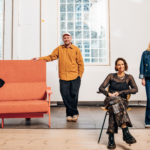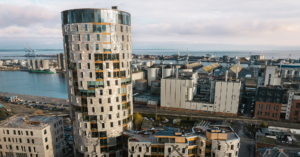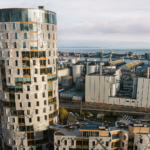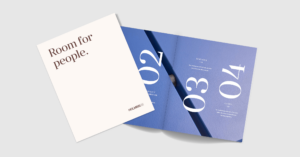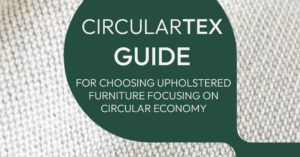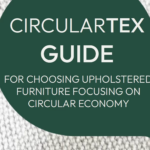Holmris B8 has achieved great success with its Recrafted furniture series – a collection of furniture created through upcycling, reuse, and the use of new recycled materials. The series addresses the changing demands and requirements that define the market for future interior design.
As the first Danish furniture design company, Holmris B8 now offers EPDs (Environmental Product Declarations) for selected tables in the Recrafted collection. This initiative highlights the company’s commitment to reducing the use of new materials and minimizing the CO2 footprint of its production.
With the newly published EPDs from Holmris B8, precise and third-party verified data is now available to Danish businesses and architects in a format they already recognize from the construction industry. This enables customers to receive accurate data on the environmental impact of their furniture purchases – a feature that Holmris B8 reports is in high demand.
“Many companies are increasingly required to document their environmental impact in ESG reports, and many of our large clients demand that we provide precise data on the environmental impact of our furniture. We are therefore proud to offer EPDs to our customers – especially for our Recrafted collection, which meets customer expectations for high-quality furniture made from recycled or reused materials at a large scale with aesthetic appeal,” says Henrik Holmris, Creative Director at Holmris B8.
Third-Party Verified Environmental Product Declarations
EPD stands for Environmental Product Declaration and is a third-party verified certification based on international standards. The methodology provides precise data on energy and resource consumption, waste generation, and the environmental impacts of a product throughout its production, use, and disposal.
The company Quantified Impacts was responsible for developing EPDs for parts of Holmris B8’s Recrafted collection, which includes meeting tables, work desks, “fly-in” seating areas, and sofa modules.
“The collection’s climate impact is partly influenced by the fact that the reused materials in the furniture are not assigned CO₂e emissions from their previous life cycles, in accordance with the EN 15804+A2 standard,” explains Simon Bennike Mayall, Co-founder and CSO of Quantified Impacts.
For instance, a standard-sized meeting table like the A-Table Recrafted has a climate impact of 79 kg CO₂e over its entire life cycle, compared to one of the best-selling conventional tables from the Cabale series, which has a footprint of 210 kg CO₂e – a difference of 131 kg CO₂e.

